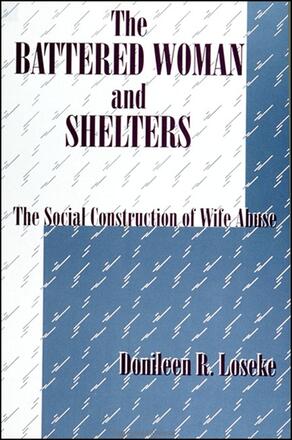
The Battered Woman and Shelters
The Social Construction of Wife Abuse
Alternative formats available from:
Explores how standardized images of problems and people inform and shape social services for women who have been assaulted.
Description
Arguing that we commonly understand "wife abuse" and the "battered woman" in terms of standardized images of problems and people, the author explores how these images inform and shape social services for women who have been assaulted. Using ethnographic data of shelter work from the perspective of workers, she shows how these standardized images affect organizational structure and how front-line workers make sense of their interventions into clients' lives.
Donileen R. Loseke is Assistant Professor of Sociology in the Department of Sociology, Anthropology and Social Work at Skidmore College.
Reviews
"The book brings a fresh and needed perspective to an issue that is too often treated in the simplistic fashion of a television movie. There are no persons wearing 'white' and 'black' hats in this book. Rather, the book focuses on the practical dilemmas and circumstances faced by shelter workers in fulfilling their professional obligations. Loseke offers us a way of seeing shelter work as it is. In doing so, she raises issues that some readers may find discomforting because they clash with their television movie visions of battered women and shelter workers. What Loseke offers is a vision of battered women and shelter workers as human beings and practical actors who use available cultural resources to understand and manage the troubles of everyday life. This is a thoughtful and sophisticated approach to an important social issue. " — Gale Miller, Marquette University